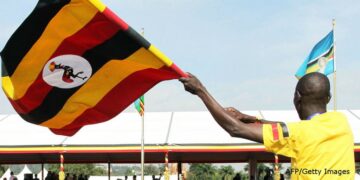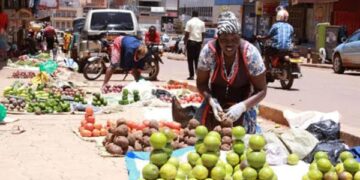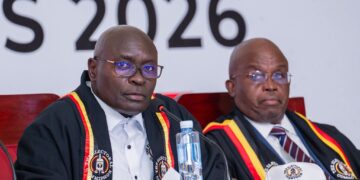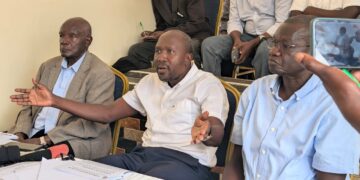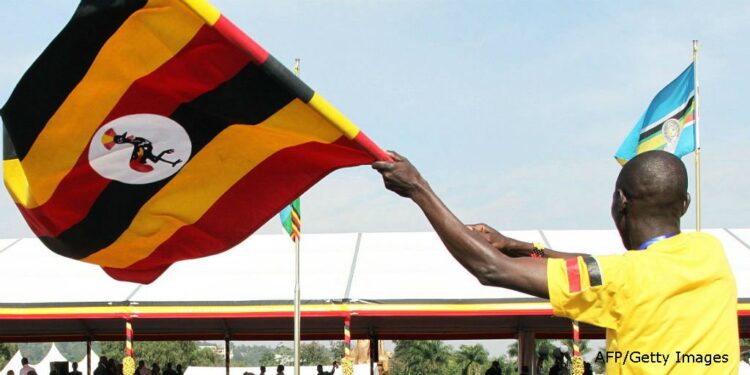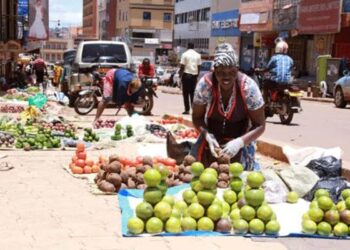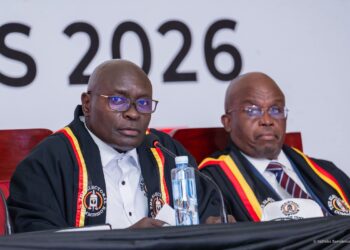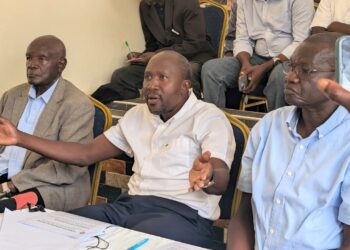Op-Ed
As Uganda marks 63 years of independence on 9th October, we are reminded of the pride, sacrifice, and hope that defined our journey to self-rule in 1962. This is not just a day of celebration, but a moment to reflect on how far we’ve come and how far we still have to go.
Independence was meant to open doors to freedom, opportunity, and equality. Over the years, we’ve made strides as a country: from growing infrastructure and education systems, to technological advancements and a rising voice in regional affairs. Our youth are vibrant, creative, and determined. Ugandans continue to rise in sports, the arts, science, and leadership.
But as we celebrate, we must also confront the truths we sometimes avoid. Corruption still holds us back, with our country ranked as the fourth most corrupt country in the East African Community. As if that’s not enough, Uganda’s score in the Corruption Perceptions Index (CPI) has remained at 26 out of 100, unchanged since 2022, according to the Transparency International. Institutions such as the Uganda Police, the Judiciary, Tax Services, and Land Services are repeatedly cited as among the most affected by graft. The Inspectorate of Government estimates that Uganda loses UGX 9.14 trillion annually through corruption in vital public services such as health, education, and infrastructure.
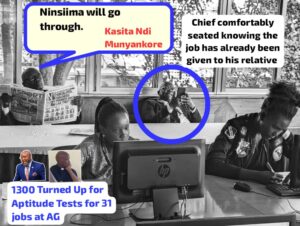
These practices erode trust, diverts resources from those who need them most, and weakens institutions upon which everyone, especially the vulnerable must depend, thus rising questions on transparent and accountability over the 63 years of independence.
Moreso, many of our young people remain unemployed or underpaid, and the political space often feels tight, with many citizens especially women still struggling for equal representation, recognition, and respect.
Current statistics from the the Uganda Bureau of Statistics (UBOS), 2024 National Population and Housing Census, reports that 12.6% of the working-age population (14-64 years) are jobless.
“For youth aged 18-30, the unemployment rate is estimated at 16%, with 1.88 million young people without jobs,” UBOS reported.
Statistics further revealed a large fraction of youth who are not in employment, education, or training (NEET) standing at over 4 millions. The gap is still high henceforth, a Clarion call for all stakeholders engagement in addressing these challenges such as investing in vocational education, apprenticeships, internships, and incentives for private sector hiring, especially for youth and women.
Additionally, women have always been part of Uganda’s story as freedom fighters, mothers, workers, peace-builders, and leaders. Yet too often, they remain excluded from key decision-making tables, underrepresented in politics, and unequally treated in social and economic life. True independence cannot exist unless all Ugandans men and women are empowered and included.
As we celebrate this milestone, let us recommit ourselves to a more inclusive and just Uganda. Let’s ensure that independence is not just symbolic, but lived in the lives of everyday citizens, in schools, in homes, in Parliament, and in the workplace. Let’s create a society where young girls can dream freely and achieve fully, just like their male counterparts.
Independence is not just about remembering the past; it’s about shaping the future. We owe it to the next generation to build a country where young girls can dream without barriers, and where every citizen, regardless of gender or background, has the opportunity to thrive. And we all have a role to play.
For God and My Country
By Ahirirwe Leticia,
WOGEM Uganda
